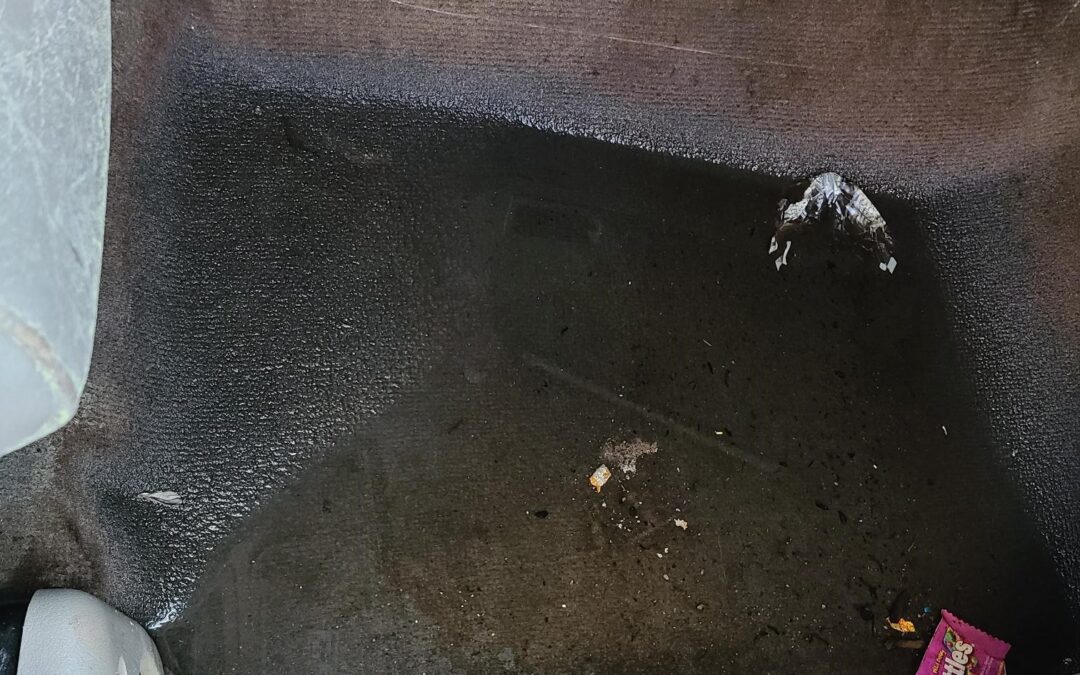Common water leaks in cars: Water leaks in cars can lead to a variety of issues, from unpleasant odors and mold growth to electrical problems and rust damage. Identifying and addressing these leaks is crucial for maintaining your vehicle’s performance, safety, and longevity. This article will explore the most common leak sources that allow water to get inside cars, as well as provide tips on how to detect and fix these issues.
Broken lap welds from accidents. When a car is in an accident it often results in seam or lap welds being broken. Unfortunately, broken welds are often missed by body shops during the repair process.
Door Seals: Door seals are designed to keep water out of your car’s interior. However, they can also wear out, become damaged, or come loose, allowing water to enter the cabin. Inspect the door seals for cracks, gaps, or debris that may prevent them from sealing properly. If you find a damaged seal, replace it or use a weatherstripping adhesive to reattach it.
Sunroof: Sunroofs are a common source of water leaks in cars, especially if they’re not maintained properly. The sunroof’s drain channels can become clogged with debris, causing water to overflow and enter the vehicle. To address this issue, clean the drain channels and ensure they are free of obstructions. Additionally, check the sunroof seal for any signs of wear or damage.
Cowl Area: The cowl area, located at the base of the windshield, is designed to direct water away from the vehicle. However, if the cowl’s drains or the area around them become clogged, water can enter the cabin through the ventilation system. To prevent this, regularly clean the cowl area and ensure the drains are functioning properly.
Tail Light Gaskets: Tail light gaskets can become damaged or wear out over time, allowing water to seep into the trunk or rear cabin area. If you notice water pooling in your trunk or condensation inside your tail lights, inspect the gaskets for damage and replace them if necessary.
Conclusion: Protecting your car from water leaks is essential for maintaining its performance, safety, and resale value. Regular inspections and maintenance can help you identify and address common leak sources, preventing costly damage to your vehicle. Always consult a professional mechanic if you’re unsure about the source of a leak or the best way to repair it.

